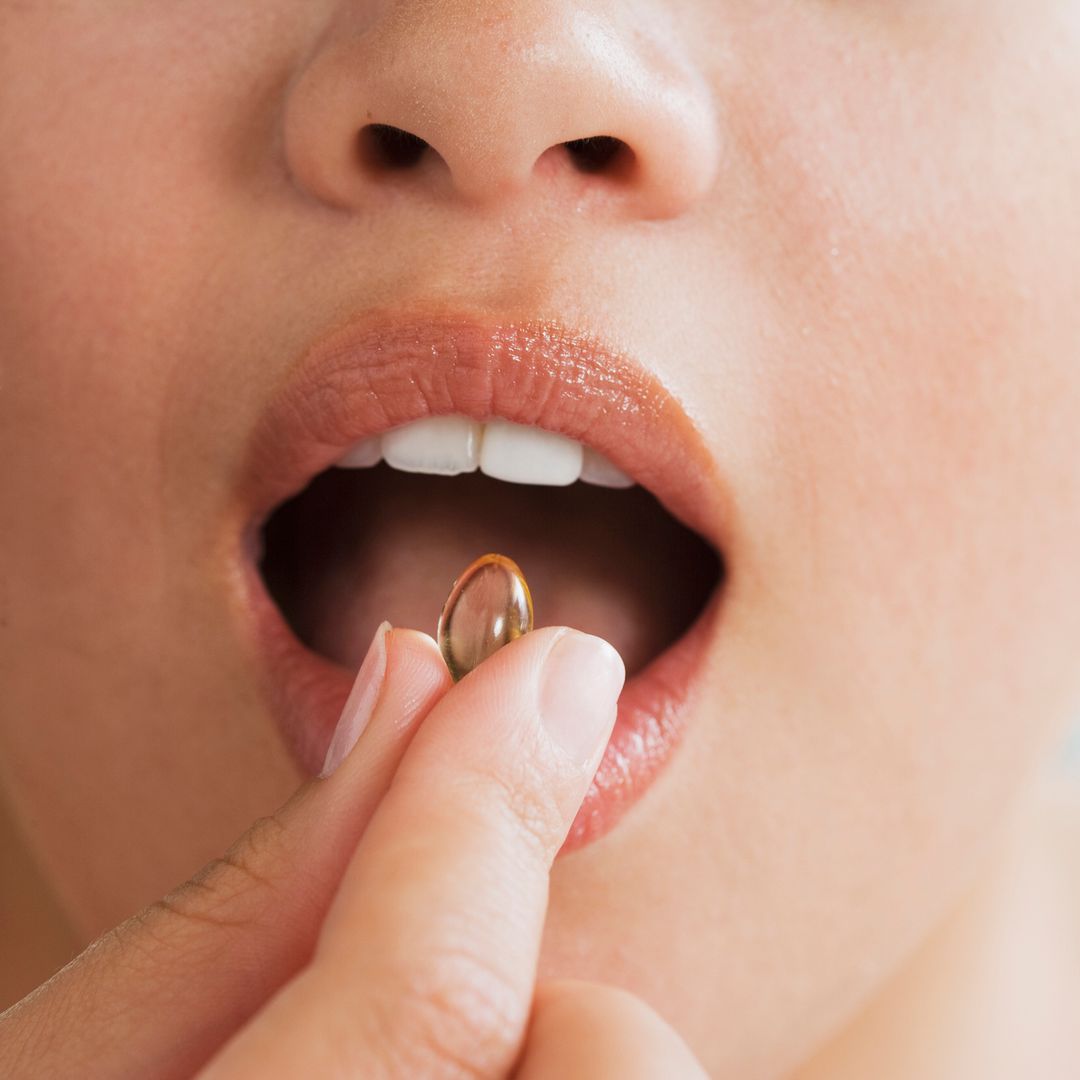Oscar-winning actress Kate Winslet, 48, who is known for her down-to-earth manner and authenticity, recently revealed that she has turned to testosterone therapy as part of her perimenopausal routine.
Kate, who is starring in the new movie, Lee - a biopic about the pioneering World War II-era photojournalist Lee Miller, had a candid chat about midlife and all that comes with it, on the Failing with Friends podcast earlier this month.
"Sometimes women have a real dip in libido because there might be stuff going on with their thyroid,” Kate told British podcaster Elizabeth Day. “There could also be stuff going on with your level of testosterone."
"A lot of people don't know this, but women have testosterone in their body, when it runs out — like eggs — it's gone," she went on. "And once it's gone you have to replace it, and that is something that can be done and you'll feel sexy again," she said.
Kate’s openness about testosterone therapy is part of a positive cultural shift toward more candid discussions around women's health, aging, and menopause. And in a world where many women feel pressured to keep quiet about the realities of perimenopause, Kate's transparency offers a refreshing perspective and a reminder that taking control of our health is empowering and necessary.
As more women explore hormone therapy options such as testosterone, it's important to approach these treatments with care, consulting with medical professionals to find the right balance and ensure safety.
What is testosterone therapy?
Testosterone is commonly associated with men, but it plays a crucial role in women's health as well. Though women have lower levels of testosterone compared to men, this hormone still affects energy levels, mood, muscle strength, libido, and overall well-being. During perimenopause and menopause, many women experience a decline in their natural testosterone levels, which can lead to symptoms such as fatigue, reduced sex drive, and even depression.
Testosterone therapy, which is typically prescribed by a healthcare provider, aims to supplement low levels of the hormone in the body, potentially alleviating some of these symptoms. It can come in various forms, including gels, patches, and injections, tailored to suit the individual needs of the patient.
READ: Meditation in menopause: The 'secret weapon' you need to try
Why have testosterone therapy during perimenopause?
As women enter perimenopause and menopause, hormonal fluctuations can cause lots of physical and emotional changes. Alongside the drop in estrogen and progesterone, testosterone levels also decrease, which can exacerbate feelings of tiredness, reduced motivation, and decreased sex drive. Testosterone therapy is seen by some as a way to stop these effects from appearing in the first place.
What are the benefits and risks of testosterone therapy?
Testosterone therapy can provide lots of benefits for women experiencing hormonal imbalances. Many women say they feel more energetic and emotionally balanced after using it. Then there's the improved sex drive which often declines significantly during perimenopause. Lastly, testosterone is key in maintaining muscle mass, which can naturally decrease as women age.
However, as any medical treatment, testosterone therapy can have potential risks.
Skin can become oily and acne may develop due to an increase in androgen levels and you may see an increase in hair growth on the face or body too. Some women experience negative mood changes like irritability or aggression which is why it’s so important that testosterone therapy is managed by a qualified healthcare provider, so they can monitor levels and adjust your dosage if any problems occur.











